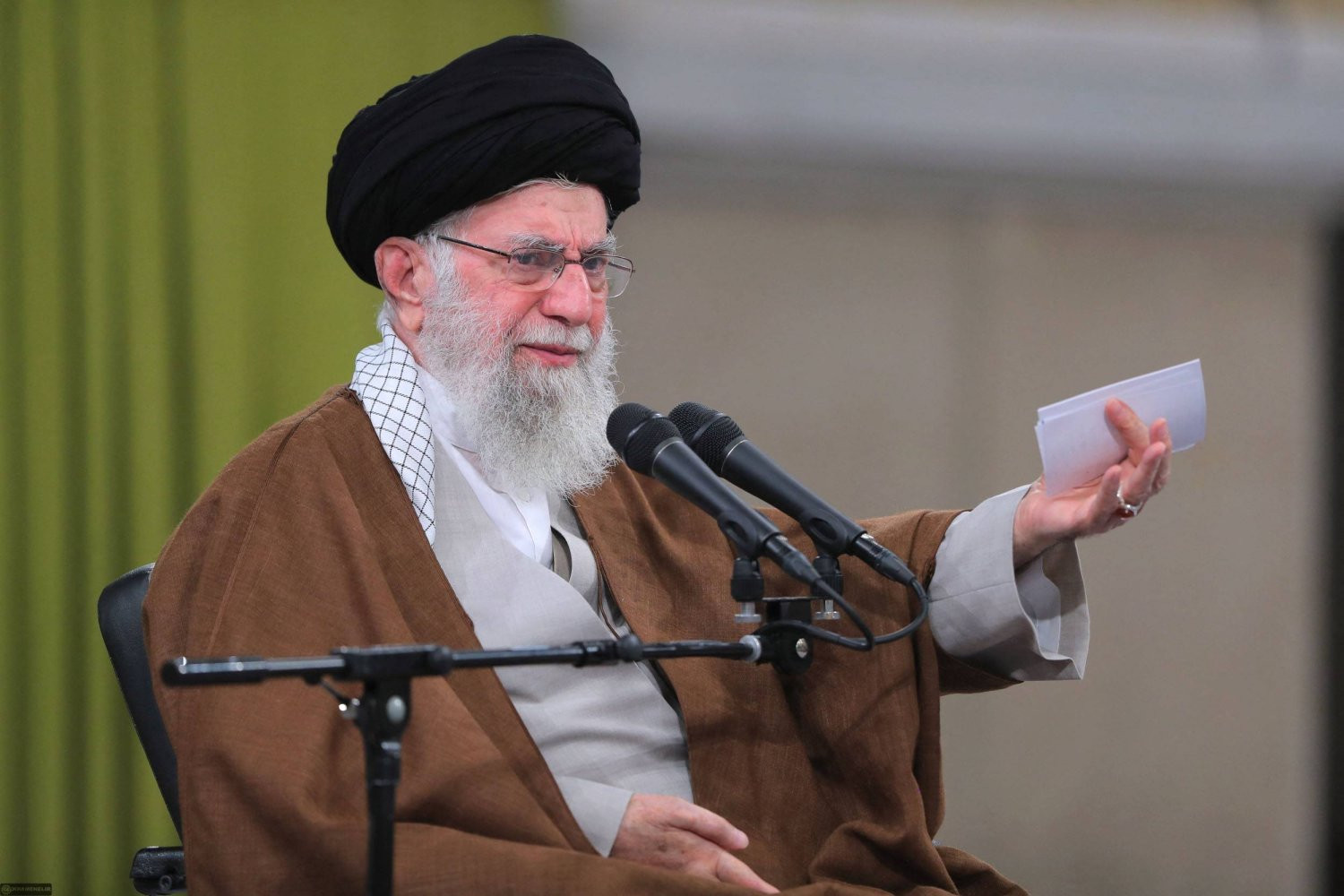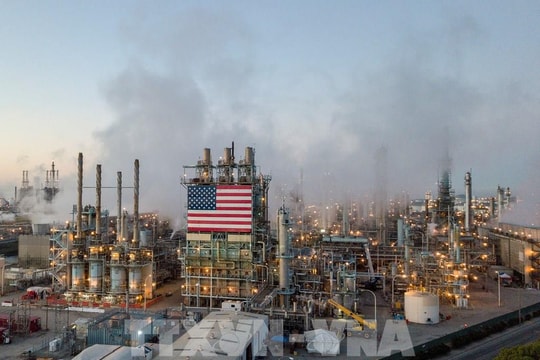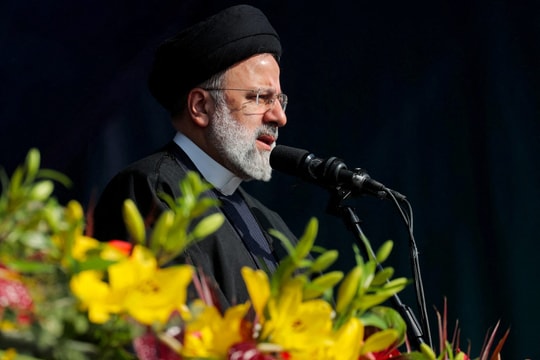Adviser to Iran's supreme leader stresses possibility of changing nuclear doctrine
TASS news agency reported on July 2 that Kamal Kharrazi, foreign affairs adviser to Iran's Supreme Leader Ayatollah Ali Khamenei, said in an interview with the Financial Times that Tehran could review its nuclear doctrine in case of an existential threat.

“We are not in favor of building nuclear weapons,” Kharrazi stressed, referring to a 2003 decree issued by Khamenei that banned the development of such weapons. However, he said that if Iran were faced with an existential threat, “of course we would have to change our doctrine.” He expressed similar opinions in an interview with Al Jazeera in May.
Speaking about the Iran nuclear deal and the consequences of the US leaving it in 2018, Kharrazi noted that the West has triggered provisions to re-impose UN sanctions that were lifted when Tehran signed the deal, in response to Iran's continued expansion of its program, "there will be a harsh reaction from Iran to change its nuclear strategy."
“So far, we have not decided to enrich beyond 60%,” the politician said. “But we are trying to increase our experience by using different machines and different settings,” he added.
Speaking about the presidential runoff election to be held on July 5, the official noted that the foreign policy orientations of the reformist Masoud Pezeshkian and the conservative Saeed Jalili are different and that the election could create “new opportunities” in relations between Iran and the West. However, Western countries will have to step back “from their current policies and engage in negotiations with Iran on the basis of equality and mutual respect.” “If they decide to cooperate, we are ready to cooperate,” Kharrazi added.
The Financial Times notes that Iranian diplomats are currently holding indirect talks with the US in Oman about lifting sanctions. Mr Kharrazi added that the country's overall foreign policy strategy is determined by Mr Khamenei and will remain the same after the election.
According to TASS, the early presidential election held in Iran on June 28 (after the previous leader Ebrahim Raisi died in a plane crash in May) did not have an absolute winner.
Now comes the second round between Pezeshkian (42.5%), a moderate reformer and former health minister, and Jalili (38.6%), who was one of Iran's key negotiators on its nuclear program. The vote is scheduled for July 5. Iran has only held a second round of presidential elections in 2005.
Iran nuclear deal
The five permanent members of the UN Security Council and Germany signed a nuclear deal with Iran in 2015 to resolve a crisis over its nuclear program. Then-US President Donald Trump withdrew from the deal in 2018, while current President Biden has repeatedly signaled his willingness to bring the US back into the nuclear deal.
Russia, Britain, Germany, China, the United States and France have been negotiating with Iran in Vienna since April 2021, seeking to restore the deal. In November 2022, International Atomic Energy Agency (IAEA) Director General Rafael Grossi said the latest round of talks with Iranian officials ended in the Austrian capital without any concrete results.





